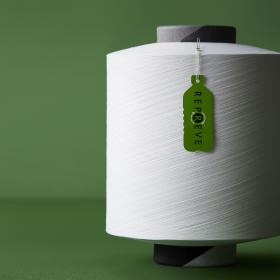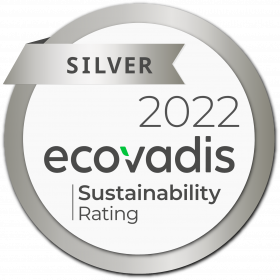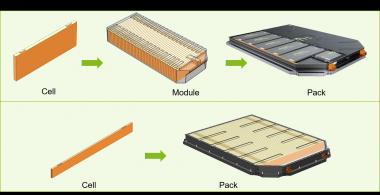Freudenberg Performance Materials at Performance Days
-
Presenting Sustainable Apparel Solutions
Freudenberg Performance Materials Apparel (Freudenberg) will be part of the Performance Days from November 03 to 04, 2022 in Munich, Germany. The specialist in woven, knitted, weft and nonwoven interlinings will showcase the latest sustainable products for sportswear, workwear, sportive fashion and athleisure collections.
Freudenberg will showcase its full range of European and global products being part of its House of Sustainability, Active Range and the comfortemp® brand offering high-performance thermal insulation for outdoor and active wear.
Freudenberg Performance Materials Apparel’s House of Sustainability strives to minimize the company’s footprint by reducing the environmental impact of the company’s manufacturing processes to a minimum. At the same time, Freudenberg maximizes its handprint by developing products enabling customers to manufacture more efficiently and sustainably or to consume fewer valuable resources. This initiative is based on seven product pillars with more than 500 sustainable products, among them recycled general interlinings, recyclable, energy-saving or biodegradable materials, sustainable cotton, nature-based solutions and recycled thermal insulations and linings.
Being part of the House of Sustainability, Freudenberg’s Active Range stands for high-performance solutions for stretch active and outdoor active wear including interlinings, tapes, linings, bonding solutions and measuring tools. Most materials of this portfolio are made of at least 70% recycled materials and thus cater to customers’ sustainability goals.
Freudenberg Performance Materials Performance Days sportswear and athleisure Outdoor
Freudenberg Performance Materials






























